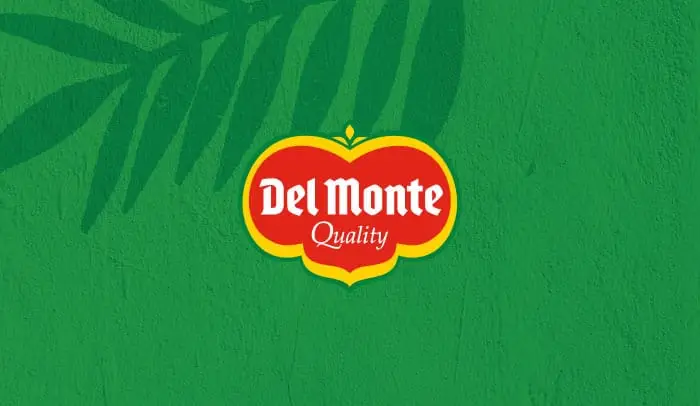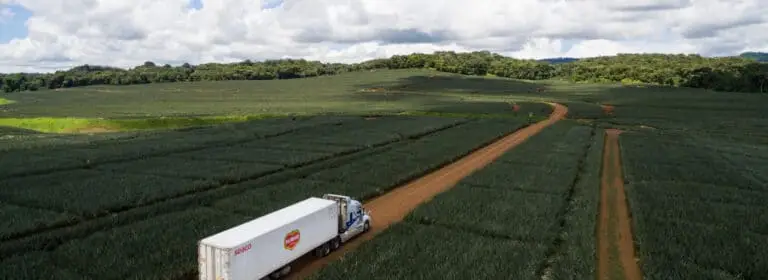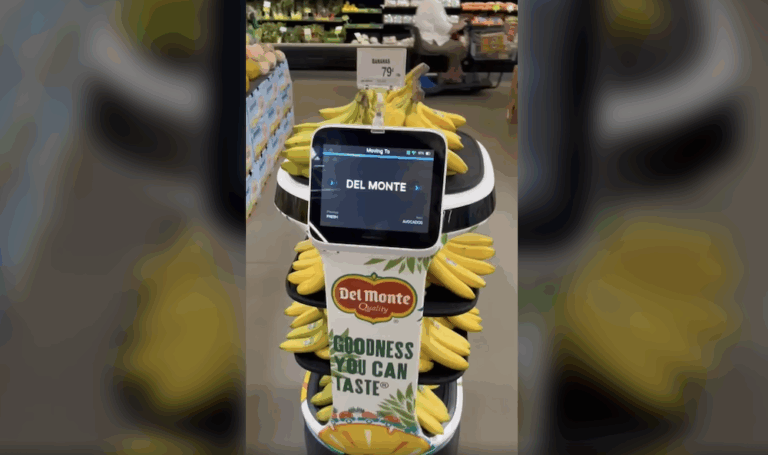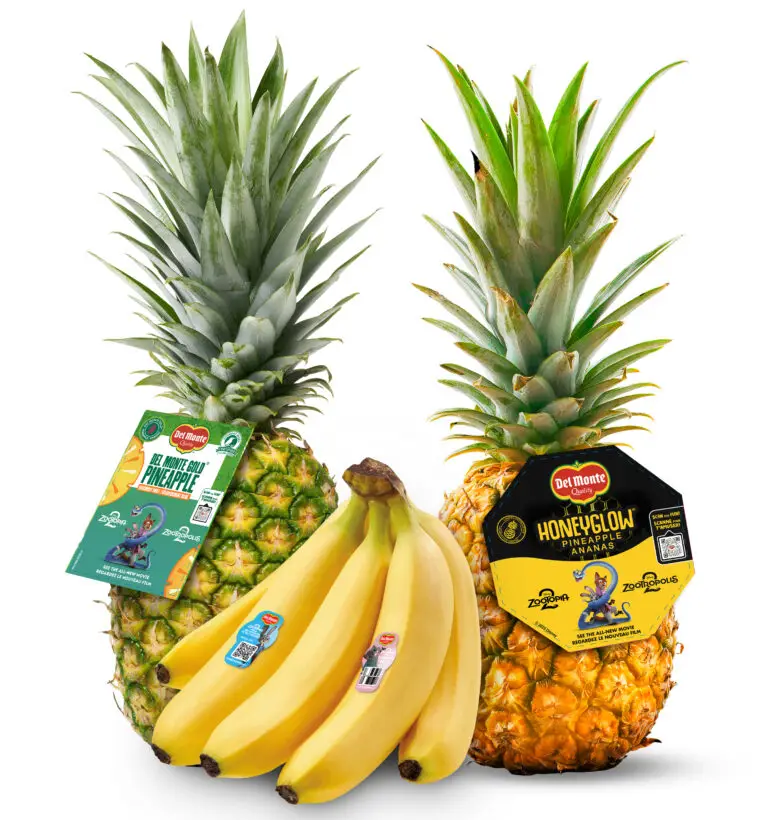As seen in Produce Processing.
A $400 pineapple may not seem, at first glance, a paragon of processing sustainability. But Fresh Del Monte’s chief sustainability officer says the company’s Rubyglow product, which sells for $395.99 in the U.S., is just that.
The red-shelled pineapple, which took more than 15 years to develop and is a cross between a traditional Del Monte Gold pineapple and the deep purple Morada variety, debuted in Asia in January. The Rubyglow entered the U.S. market in May and will be available in Europe in early 2025.
“There is a tradition out there for luxury fruits, not just meats or fish, but fruit — very much so in Asia, and Western markets are demonstrating that there is the appetite for such products,” Hans Sauter, Fresh Del Monte senior vice president for research and development and chief sustainability officer, told Produce Processing. “We think it’s important that plant-based foods also get a chance to tap into such markets because it allows more resources to go into innovation and research, and that will help eventually in creating other very important transformations that will be needed to adapt crops to climate change, etc.”
Sustainable mindset
In addition to creating varieties such as the Pinkglow, Fresh Del Monte’s bright pink pineapple, the carbon- neutral Del Monte Zero and the petite Precious Honeyglow, the company is also focused on increasing crop resiliency. Fresh Del Monte has registered several disease-resistant pineapple crops, Sauter said, and is working on combating TR4, a tropical fungal disease affecting bananas.
“It doesn’t stop with pineapples,” Sauter said. “Produce is not usually a business of high margins, so ensuring you’re tapping into these niche markets allows you to work on the main products with efficiency.”
Grown exclusively in Costa Rica, the Rubyglow takes two years to ripen naturally and is marketed without a crown — a production process modification that can also help address sustainability. Without crowns, which can account for up to 80% of pineapple volume, the fruit can be packed more efficiently, reducing carbon emissions and transport costs. The leaves can then be replanted or used for animal feed.
In July, Aldi UK began a trial program of removing pineapple crowns during processing for recycling. The supermarket chain estimated removing the crowns would reduce food waste by about 1,400 tonnes (metric tons) annually.
The process has spawned its own branch of processing equipment. For example, FoodTec has developed a crown removal and disinfection machine that simultaneously cuts and sterilizes the pineapple. An air knife removes excess moisture and helps ensure quality and freshness is maintained during transportation.
Storm of demand
The Rubyglow, featuring bright yellow flesh and distinctively sweet fruit, arrived in Asia to coincide with the Chinese New Year. It then made its way to the U.S. on a wave of curiosity that turned into full-fledged fanfare after media outlets picked up on its presence, according to Robert Schueller, director of public relations at Melissa’s Produce.
The Vernon, California-based specialty produce company is the exclusive distributor of Rubyglow pineapples in the U.S., Schueller said — or at least, it will be, when the fruit is back in stock.
Melissa’s sold its 200 Rubyglow pineapples in three days after CNN reported on the product in mid-May, Schueller said, and the produce provider now has a waiting list of 150 for an anticipated restock between Thanksgiving and Christmas.
“It would make a great gift for a rare experience,” Schueller said. “You pay for rarity. That’s what you’re doing. It’s not uncommon to buy a $500 bottle of wine because of its rarity. This is no different, other than the fact that you don’t usually see that with produce.”
Schueller said he declined many requests to speak with customers who bought the Rubyglow, though he did share that one customer purchased two. And he created a demographic breakdown of the pricey pineapple purchasers: 52% were female, and at least one is a private chef. Buyers were located in California, Texas, New York, Nevada, Florida and Minnesota.
“It’s definitely not for everybody. It’s just like buying a car,” Schueller said. “Some people are fine buying a humble and simple Honda or Toyota. Then you’ve got people who like to buy Ferraris or Lotuses or Lamborghinis or Bugattis.”
Around 5,000 Rubyglows were available worldwide this year, according to Fresh Del Monte, with another 3,000 expected in 2025.
An edible luxury
The Rubyglow is the latest in a line of Fresh Del Monte innovations that began with the debut of the Del Monte Gold Extra Sweet pineapple in the 1990s.
“None of these efforts are quick,” Sauter said. “From the initial idea to putting the scientific minds behind it and finally coming up with a prototype — it’s a long, long process.”
After launching the Pinkglow variety four years ago and seeing that succeed despite the COVID-19 pandemic, Fresh Del Monte scientists, steered by consumer data, turned their sights toward the Rubyglow.
“Given our success with Del Monte Gold, the variety available in every supermarket today, we knew that there was a need for higher quality,” Sauter said. “The idea of coming up with a luxury item really took root in us. We understood that that was the next step.
“Looking at different options, the possibility of accessing other international markets with a vibrant, red pineapple was the winner.”
The Rubyglow, with its long growing cycle and limited seed availability, is likely to remain priced at a premium “for a while, in the foreseeable future,” Sauter said. “It’s extremely limited volumes right now, (and) the demand is surprising. We are not talking just one market. We are talking globally.”
Schueller does not expect the price of Rubyglows at Melissa’s to change anytime soon. And while Melissa’s does stock the pineapples in a protected area, they are far from the most expensive item the retailer sells. That distinction goes to fresh truffles, which can cost up to $2,000 a pound, Schueller said.
As to whether the Rubyglow reality lives up to the hype …
“Delicious,” Schueller said. “The best pineapple I’ve ever had.”



